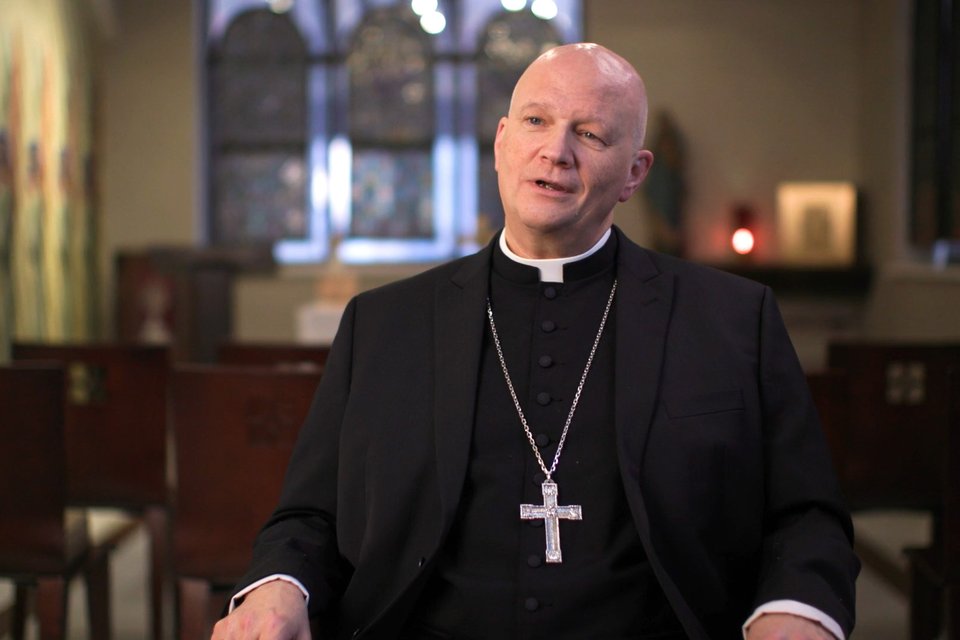MEXICO CITY (OSV News) -- Costa Rica has declared a state of emergency due to the unprecedented flow of migrants transiting the Central American country -- a plan Catholic relief officials described as coming after a slow response to the growing "humanitarian crisis."
The declaration -- made official Sept. 29 -- allows the government to more easily direct resources toward migration and public security matters, according to local media.
In outlining his plans to declare a state of emergency on Sept. 27, President Rodrigo Chaves accused migrants of "behaving badly" in Costa Rica and "lacking respect for the authorities, causing disturbances," according to the BBC.
"The message is that they’re going to return to their country of origin because here we will not tolerate it," Chaves said. "I’ve instructed the public security ministry to have a firm hand with those few people who think that the kindness of Costa Ricans can be confused for weakness."
Catholics working with migrants expressed discomfort with the president's comments, saying the Costa Rican government has offered little humanitarian assistance and preferred to scapegoat migrants instead of supporting them.
"The policy has been that people advance (through the country) but when there are so many people … with so many needs for attention and assistance, no response has been given," Roy Arias Cruz, border coordinator with Jesuit Migrant Service for Costa Rica, told OSV News.
"Tension has increased on the border and outbreaks of violence and xenophobia and rejection have increased," he added. "The situation has been very delicate and very tense."
The declaration came as the mass movement of people moving northward through the hemisphere toward the United States continues swelling -- and U.S. border officials encounter migrants in numbers not seen since prior to the pandemic.
Some 84,494 migrants entered Costa Rica from neighboring Panama in August, according to the International Organization for Migration, a 55% increase from July.
Arias says Costa Rica doesn't diligently track the number of migrants entering the country, but pointed to Panama, which has recorded more than 390,000 people passing through the Darién Gap, the thick jungle separating the country from Colombia, so far in 2023.
Migrants leaving the Darién Gap board buses for the border with Costa Rica, paying $40 to cross the country. They enter Costa Rica in the town of Paso Canoas, where Arias says they wait for buses taking them to the northern border with Nicaragua.
But "30% are stranded," he said, because they can't afford the $30 bus ticket.
The stranded population, including many families, has struggled to find ways of earning money for the tickets, sometimes resorting to vending in the streets. A confrontation between 25 migrants and police cracking down on vending caused a dust up -- and immediately preceded the state of emergency, according to the BBC.
Paso Canoas also is unable to provide proper services for the migrants stuck in the town of 20,000 people such as garbage collection and sanitation.
"We’re in a critical moment because the southern zone (of the country) is in a humanitarian crisis," Father Gustavo Meneses, executive secretary of the Costa Rican bishops' human mobility ministry, told OSV News.
"One would hope that with this declaration of national emergency, the institutional order would align and respond to the human drama that these people are experiencing; we have children, pregnant women come, disabled people come, older adults coming here."
The migrants transiting Costa Rica still face a difficult path after exiting the country. At least 10 migrants died and 16 were injured Oct. 1, when a truck crashed while carrying migrants through the southern Mexican state of Chiapas.
Many migrants pay smugglers, who are linked to drug cartels, while others are preyed upon by police and criminal groups, which extort and kidnap them the length of Mexico.
Mexican officials have also forced bus companies not to sell tickets to migrants, prompting them to ride atop freight trains to the U.S. border.
U.S. border officials recorded roughly 210,000 detentions in September, up from 181,000 detentions in August and marking the highest numbers since December 2022, according to CBS News.









